Translation Services in Health and Beauty



Introduction
Translation Services in Health and Beauty
In the rapidly evolving global marketplace, the health and beauty industry has experienced remarkable growth, reaching diverse audiences across different countries and cultures. As brands expand internationally, they must communicate effectively with consumers from various linguistic and cultural backgrounds. Translation services play a crucial role in ensuring that health and beauty products, services, and information are accessible and understandable to global consumers. Whether it’s product labels, marketing campaigns, user instructions, or scientific research, accurate and culturally sensitive translations are essential for success in this highly competitive industry.
Importance of Translation in Health and Beauty
The health and beauty industry encompasses a wide range of products and services, including skincare, cosmetics, wellness supplements, personal care, and more. To reach a global audience, companies must translate product descriptions, ingredient lists, and usage instructions into multiple languages. This helps brands comply with regulatory requirements in different countries while building trust with consumers.
One of the most critical aspects of translation in this sector is product labeling. Health and beauty products often contain detailed ingredient lists and usage instructions that need to be translated accurately to ensure consumer safety. Incorrect translations of ingredients or instructions could lead to misuse of the product, causing allergic reactions or other health-related issues. For instance, if a skincare product’s instructions are mistranslated, users might apply it incorrectly, which could harm their skin. Therefore, precise translation of product labels is vital for both safety and brand reputation.
Additionally, many countries have strict regulations regarding how health and beauty products are labeled and marketed. For example, the European Union (EU) has stringent rules on the labeling of cosmetic products, including mandatory information about ingredients, allergens, and shelf life. Brands must ensure that their product labels are translated in accordance with these regulations to avoid legal issues and ensure compliance in each target market.
Translation for Marketing in the Health and Beauty Industry
Beyond product labels, marketing materials in the health and beauty industry also require expert translation to effectively engage consumers from different cultures. Brands often invest in global marketing campaigns, using advertisements, social media, websites, and influencer collaborations to promote their products. However, directly translating marketing content without considering cultural nuances can lead to misunderstandings or a lack of connection with the target audience.
For example, a skincare brand might use a slogan that resonates well in its original language but falls flat or even offends in another. To avoid such pitfalls, marketing translations need to be adapted, a process known as trans creation. Trans creation goes beyond literal translation, focusing on the emotional and cultural impact of the message to ensure it is appropriate and appealing to the new audience. This approach is particularly important in the health and beauty industry, where marketing often relies on creating an emotional connection with consumers and highlighting the personal benefits of using a product.
Moreover, health and beauty brands often highlight specific cultural or regional beauty standards, and translation needs to reflect these differences. For instance, a product advertised as “whitening” in some regions might need to be marketed as “brightening” in others to avoid negative connotations related to skin tone. Translators must be attuned to these cultural sensitivities and adapt the language and messaging accordingly.
Scientific and Technical Translation in Health and Beauty
The health and beauty industry is also driven by scientific research and innovation, particularly in areas such as skincare, cosmetics, and wellness products. Scientific claims related to the effectiveness of a product, the safety of ingredients, or dermatological benefits must be accurately translated to maintain credibility and comply with regulatory standards.
Scientific translation involves translating technical documents, clinical studies, and research papers that underpin the development of health and beauty products. Translators in this field must have a solid understanding of scientific terminology and concepts related to dermatology, chemistry, and biology. For instance, a translator working on the instructions for a cosmetic product with active ingredients like retinoids or peptides must accurately convey the product’s efficacy and potential side effects.
In addition, technical documents such as Material Safety Data Sheets (MSDS), which provide information about the safe handling and use of chemical substances, are crucial in the production and distribution of beauty products. These documents must be translated accurately to ensure compliance with health and safety regulations in different countries, as well as to protect consumers and workers involved in manufacturing and distribution.
Challenges of Translation in the Health and Beauty Industry
One of the primary challenges of translation in the health and beauty industry is ensuring that the translated content is both scientifically accurate and culturally relevant. This requires translators to possess not only linguistic expertise but also an in-depth knowledge of the industry, including current beauty trends, regulatory requirements, and consumer preferences in each market.
Regulatory compliance is another major challenge. Different countries have varying regulations regarding the labeling, advertising, and formulation of health and beauty products. For instance, the FDA (Food and Drug Administration) in the United States has specific guidelines for labeling cosmetic products, while the EU’s regulations require detailed information about ingredients and allergens. Translators must ensure that the translated content meets these regulatory requirements to avoid legal issues and potential product recalls.
Furthermore, the localization of health and beauty products can be complex due to cultural differences in beauty standards, skin types, and consumer preferences. A product that is marketed as beneficial for certain skin tones or types in one region may not resonate with consumers in another region. Translators must carefully adapt the messaging to align with the cultural context and consumer expectations in each market.

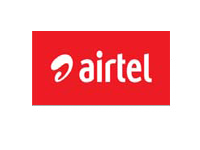
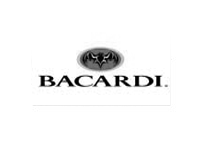
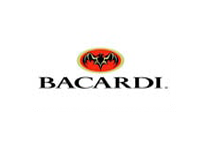


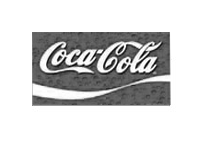
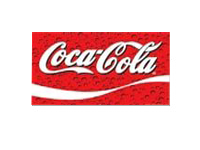
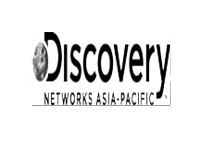
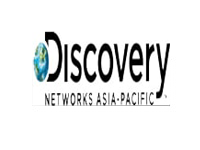

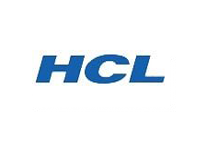
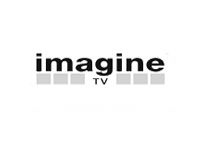
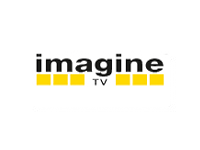

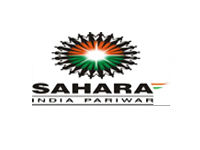
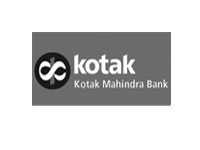
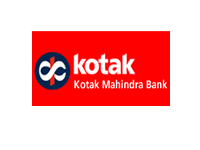
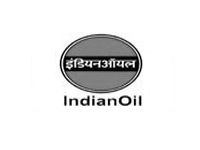
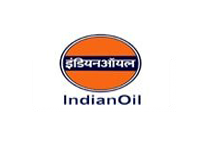
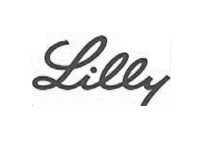
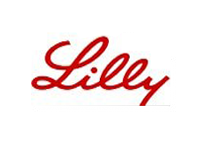


- Agriculture/Environment Translation Services
- Architecture Translation Services
- Arts Translation Services
- Automation/Engineering Translation Services
- Biochemistry Translation Services
- Biology Translation Services
- Chemistry Translation Services
- Communications Translation Services
- Computers/IT Translation Services
- Cooking/Food/Beverages Translation Services
- Financial/Economics Translation Services
- Hardware/Construction Translation Services
- Education/Training Translation Services
- Film - Theatre Translation Services
- Health and Beauty Translation Services
- History Translation Services
- Insurance Translation Services
- Internet/Multimedia Translation Services
- Hospitality Industry Translation Services
- Journalism - Press Translation Services
- Legal Translation Services
- Literature/Publishing Translation Services
- Music Translation Services
- Patents/Intellectual Property Translation Services
- Physics Translation Services
- Politics Translation Services
- Psychology/Psychiatry Translation Services
- Real Estate Translation Services
- Social Sciences Translation Services
